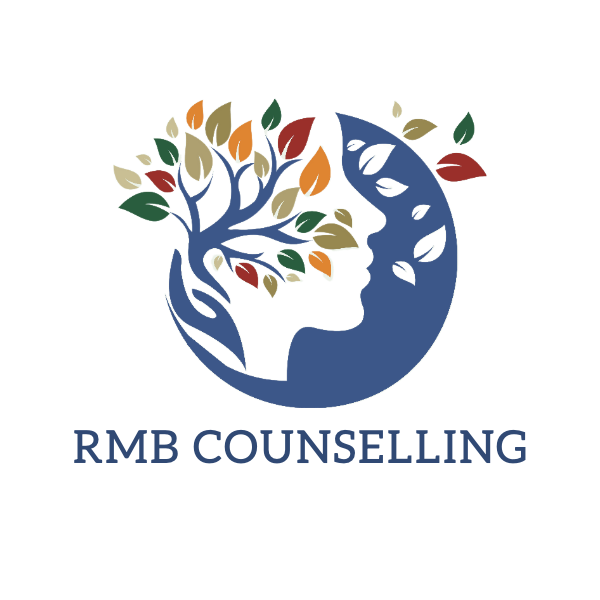The Power of Mindfulness: Cultivating a Calm and Focused Mind
In our fast-paced and constantly evolving world, it’s becoming increasingly challenging to find moments of tranquility and clarity. The constant influx of information, the demands of work and personal life, and the ever-present digital devices can leave us feeling overwhelmed and disconnected. However, amidst this chaos, a practice that has gained significant attention for its potential to counteract these challenges is mindfulness.
Understanding Mindfulness
Mindfulness, at its core, is the art of being fully present in the moment. It involves paying deliberate and non-judgmental attention to our thoughts, emotions, bodily sensations, and the surrounding environment. This practice traces its roots back to ancient meditation traditions, such as Buddhism, where it was used as a means of cultivating self-awareness and insight.
In recent years, mindfulness has transcended its spiritual origins and has been embraced by individuals, businesses, and even healthcare systems as a valuable tool for enhancing mental well-being and cognitive performance.
The Science Behind Mindfulness
Numerous scientific studies have shed light on the profound effects of mindfulness on our brain and body. Brain imaging techniques, like functional magnetic resonance imaging (fMRI), have revealed that regular mindfulness practice can lead to structural and functional changes in the brain. One such change is the increased thickness of the prefrontal cortex, the area associated with higher-order cognitive functions like decision-making and emotional regulation.
Mindfulness has also been linked to a reduction in the size and activity of the amygdala, the part of the brain responsible for processing fear and stress responses. This suggests that mindfulness can help individuals become less reactive to stressors and more capable of managing their emotions
Benefits of Mindfulness
Stress Reduction: One of the most widely recognized benefits of mindfulness is its ability to reduce stress. By focusing on the present moment and adopting a non-judgmental attitude, individuals can break free from the cycle of rumination and anxiety that often accompanies stress.
Improved Concentration: In a world filled with distractions, cultivating focused attention is a valuable skill. Mindfulness training encourages individuals to redirect their wandering thoughts, leading to enhanced concentration and improved cognitive performance.
Enhanced Emotional Well-being: Mindfulness fosters emotional regulation by encouraging individuals to observe their feelings without immediate reaction. This helps create space between stimulus and response, allowing for a more thoughtful and measured approach to emotions.
Better Relationships: When we are truly present with others, we can engage in more meaningful and empathetic interactions. Mindfulness can enhance our capacity for active listening and understanding, leading to improved relationships.
Pain Management: Mindfulness-based techniques have been shown to be effective in managing chronic pain. By shifting the focus from the pain itself to one’s response to it, individuals can experience a reduction in pain-related suffering.
How to incorporating Mindfulness into Daily Life
Practicing mindfulness doesn’t necessarily require hours of meditation each day. It can be seamlessly integrated into our daily routines. Here are some simple ways to embrace mindfulness:
Mindful Breathing: Take a few minutes each day to focus on your breath. Breathe deeply and observe each inhalation and exhalation without judgment.
Mindful Eating: Pay full attention to your meals. Notice the flavors, textures, and smells. Avoid rushing through your meals and savor each bite.
Mindful Walking: During a walk, bring your attention to the sensation of your feet touching the ground, the sounds around you, and the movement of your body.
Mindful Technology Use: Practice being fully present when using technology. Put away distractions and engage with your devices consciously.
- Mindful Moments: Take short breaks throughout the day to check in with yourself. Notice your thoughts and feelings without trying to change them.
Mindfulness offers us a powerful antidote to the frenetic pace of modern life. By deliberately cultivating a present-moment awareness, we can break free from the grip of stress, anxiety, and distraction. Its scientifically proven benefits on mental well-being and cognitive function highlight its potential to transform our lives for the better.
Incorporating mindfulness into our daily routines doesn’t require drastic changes. Instead, it’s about embracing a mindset that encourages us to fully engage with each moment, whether it’s enjoying a meal, engaging in conversation, or simply taking a breath. As we continue to navigate the complexities of the modern world, the practice of mindfulness stands as a beacon of calm, helping us rediscover the beauty and serenity inherent in each passing moment.

